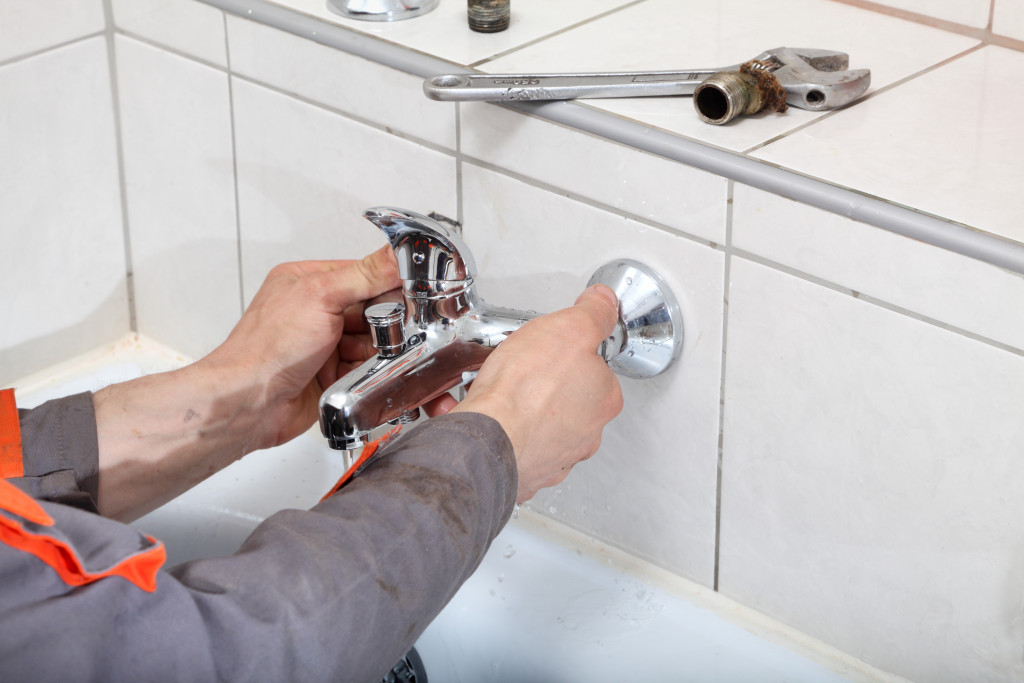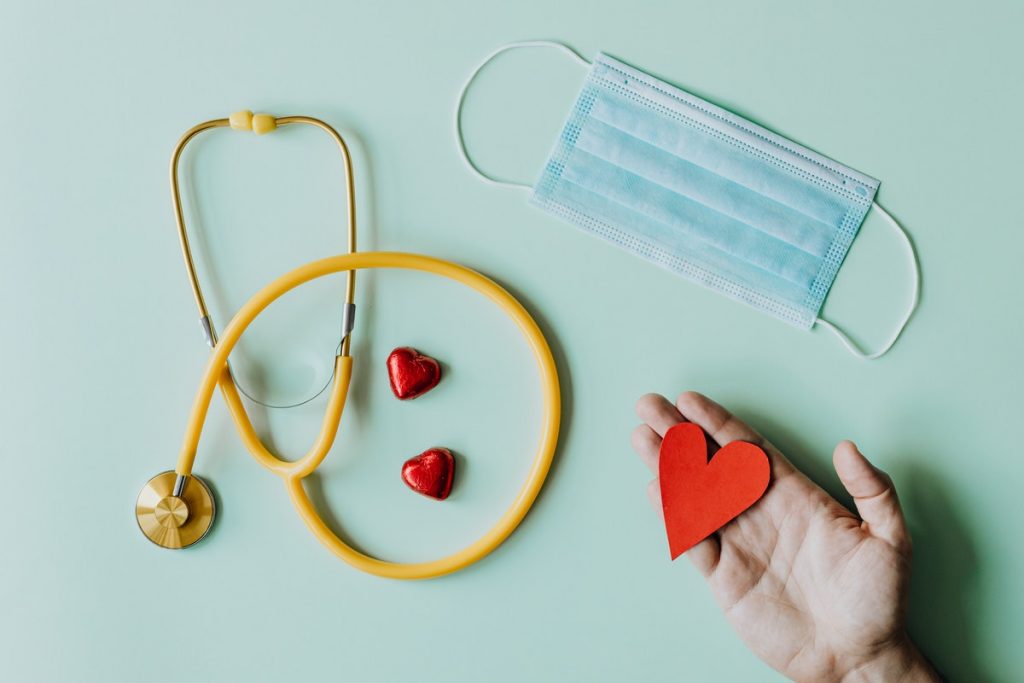Outdoors, face masks became synonymous with the pandemic. The high demand motivated manufacturers to produce a wide variety of masks. There were masks that reflected the need of consumers and their wants. Wearing masks soon became a fashion statement or a political stance.
Hygiene products, practices, and services will likely transform the same way. They will become a fashion choice or be designated as a lifestyle product. They can be fashionable all they want, but are they enough to protect you against COVID-19 even when you’re at home?
Experts are concerned that a spike in cases will be likely seen before the year ends. The reason? The more contagious Delta variant that’s sweeping across the U.S. The coronavirus is known to survive indoors for hours and days. You could be bringing it home. Learn here how to protect yourself when it happens.
Once is Not Enough — How and When to Wash Your Hands
Many think that wearing gloves when doing errands will protect them from the virus. It can even spread the virus more. Your hands can get contaminated when you wear and remove your gloves.
In fact, according to the CDC, gloves are not enough. It’s not a substitute for washing your hands. You still have to wash your hands after removing your gloves.
The best way to keep your hands virus-free is to wash them with soap and water for 20 seconds, as many times as possible. This includes when you arrive home, after removing your mask, when you cough or sneeze, after touching clothes worn outdoors, and after disinfecting surfaces at home.
Personal Health and Hygiene — Another Reminder
Pay attention to your personal hygiene as well. Aside from washing your hands frequently, practice good hygiene such as avoiding touching your face. It’s not as easy as it seems. According to MIT Medical, humans touch their face at an average of 23 times per hour.
Another important practice is to cover your mouth and nose whenever you cough or sneeze. This emphasizes the need to wear masks. Finally, monitor your health regularly. Are you getting enough sleep? Are you eating healthy? Stay at home if you’re not feeling well. If needed, ask for medical help.
Food Safety — It Still Matters
Here’s some good news: COVID-19 is not a major food safety concern. The virus anyway, spreads primarily through person-to-person contact. Neither is there any confirmation that food packaging can be linked to virus contamination. Still, the World Health Organization is encouraging people to wash their hands before preparing food and eating.
Plumbing — How it Contributes to Hygiene and Sanitation

Yes, plumbing has something to do with hygiene and sanitation. Well in general, it contributes to human health. The benefits of proper plumbing far outweigh the trouble of looking for the right plumbing contractor. Without it, the medical concern it causes can lead to the outbreak of diseases.
History is filled with how the absence of proper plumbing leads to the death of millions. Cholera, polio, dysentery, and the Black Plague were all caused by the lack of proper plumbing. With that said, make sure your home is fitted with the right plumbing. Prevention is better than cure.
Surfaces Around the House — They Can be Breeding Grounds
Considering the coronavirus can survive for hours or days indoors, it has the possibility to spread inside your home. To prevent this, it’s important to disinfect surfaces.
To start, you must clean the right surfaces and not just any surfaces. Bathroom fixtures, light switches, remote controls, and door handles. Smartphones, laptops, desktops, and other computer equipment should be disinfected as well. Don’t forget horizontal surfaces where respiratory droplets often land such as tables and countertops.
When cleaning, it’s equally important to use the right products. EPA-registered disinfectants, 70% alcohol solutions, and diluted household bleach are all effective against COVID-19.
You can use any kind of cleaning tool as long as you leave the solution to dry on surfaces. Never wipe them dry. And, don’t reuse cleaning wipes, cloths, or rags. They can re-contaminate surfaces.
Don’t Forget the Bathroom
This is especially crucial if you only have one bathroom and there is a family member who is feeling sick. Don’t forget to disinfect the bathroom whenever your sick family member uses it. Throw away the gloves and cleaning wipes you used when you clean the bathroom.
Disinfecting Your Home is the New Normal
Developing these hygiene and cleaning habits will now be part of your life. The end to the pandemic is not likely to occur anytime soon anyway. Practicing these habits is a good strategy to keep your home protected against the virus.

